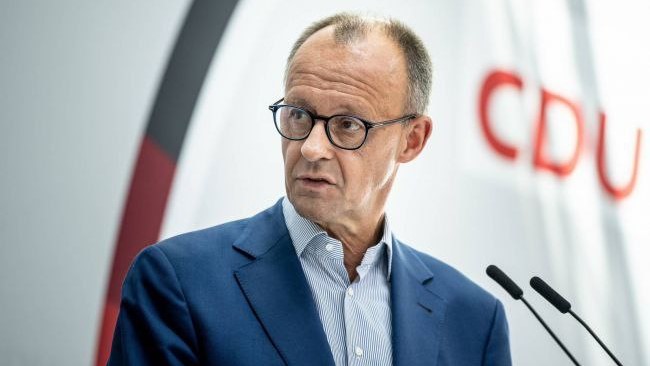The German chancellor says Israel has the right to defend itself—but urges restraint to avoid escalation.
Others are reading now
As tensions in the Middle East surged following Israel’s overnight strikes on Iran, German Chancellor Friedrich Merz confirmed that he was informed of the operation in advance by Israeli Prime Minister Benjamin Netanyahu. In a public statement on Friday, Merz said the two leaders spoke by phone earlier that morning.
Pre-attack coordination with Berlin
Merz said that during the call, Netanyahu outlined the targets of Israel’s military action, which included Iranian nuclear facilities, ballistic missile factories, and senior military officials. While Merz acknowledged Israel’s right to self-defense, he emphasized the need for both sides to avoid further escalation.
Merz stated Germany has been coordinating closely with partners, particularly the United States, Britain and France, according to Reuters.
Diplomatic caution and domestic response
Germany’s longstanding concerns over Iran’s nuclear ambitions were also reiterated in the chancellor’s statement.
Also read
Merz accused Iran of continuing to evade its international obligations and failing to disclose its nuclear enrichment activities.
Despite backing Israel’s right to act, Merz urged restraint: “We call on both sides to refrain from steps that could lead to further escalation and destabilize the entire region.”
In response to the unfolding situation, Merz convened a meeting of Germany’s security cabinet. The government agreed on measures to protect German nationals in Israel, Iran, and surrounding areas. It also committed to increasing security at Jewish and Israeli facilities within Germany.
As global powers assess the implications of Israel’s preemptive strikes, Berlin’s call for de-escalation highlights European concerns about a broader regional conflict.


